Quantum Technology Access Programme
Open date: Tuesday 27 June 2023 Close date: Friday 11 August 2023
Overview
Digital Catapult’s Quantum Technology Access Programme (QTAP) is part of a wider Innovate UK Industry Strategy Challenge Fund (ISCF) funded project called Quantum Data Centre of the Future which aims to embed a quantum computer within a classical data centre to explore real world access to a quantum computer. QTAP aims to engage organisations, raising awareness of the technology and exploring potential quantum computing use cases; providing them with access to the technology and expertise.
The UK Research & Innovation (UKRI) estimates that the market impact of applications for quantum computing will be between £20 and £35 billion by 2027, which greatly contributes to the relevance and importance of delivering the Quantum Data Centre of the Future Technology Access Programme.
The Quantum Technology Access Programme aims to demonstrate the potential of quantum technology, raise awareness, educate end users, and foster industry partnerships to drive the future adoption and commercialisation of quantum computing.
Quantum computing is set to revolutionise the technologies as we know them and bring immense economic and societal benefits in the next decade, impacting a wide range of industries. They can provide a transformative impact on cost saving and empowering businesses to create and design products that exceed expectations.
The programme offers industries the opportunity to bridge the gap between quantum computing’s complex concepts and practical industry applications.
Successful applicants will get the opportunity to gain competitive advantage through the programme, unlocking the future benefits and applications of quantum computing for their industry. The programme will allow them to upskill their workforce, build valuable partnerships and drive innovation.
Watch the video below to find out more about the programme.
Benefits and support
The programme provides participants with the opportunity to explore groundbreaking quantum technologies and get access to support from Digital Catapult technologists and industry partners ORCA Computing, Riverlane, BT, KETS and PQ Shield.
Development of use cases relevant to your business
Tailored support for the defined use cases
Access to expertise from industry experts
Access to the ORCA PT-1 quantum computer, the ORCA SDK and Riverlane software
Access to a wider network of partners
Get on the front foot by understanding the benefits and capabilities of quantum computing
Who should apply
The Quantum Technology Access Programme supports end users who are looking to develop algorithms that can be run on a quantum computer or simulation, but lack knowledge about quantum technology and its market.
The programme is looking for companies from various sectors, including but not limited to:
- Advanced manufacturing
- Automotive
- Construction
- Energy
- Material science
- Media and entertainment
- Pharmaceutical
- Telecoms
- Transportation
The participants could be from the C-suite, distinguished engineers and scientists, data experts, internal algorithm experts in R&D, methods developers looking to explore how quantum computing can be applied to their industry.
The programme welcomes everyone regardless of their background, knowledge or resources to approach quantum computing. However, we require a decent level of technical aptitude in participants to be able to run Quantum Simulations during the programme.
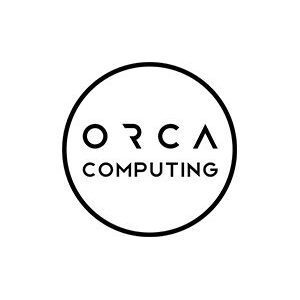
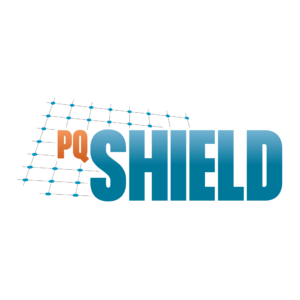
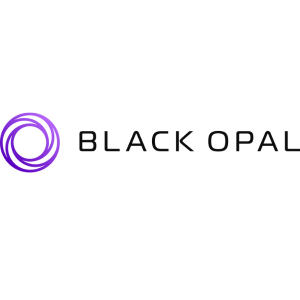
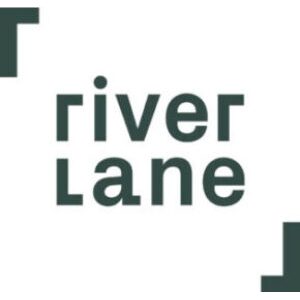
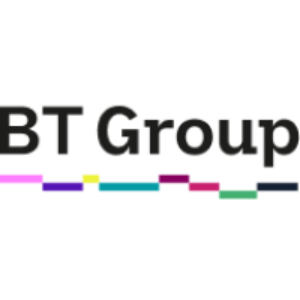
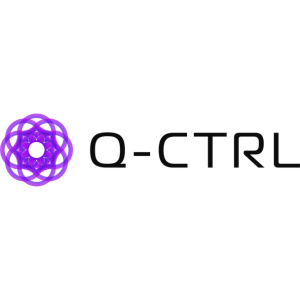
How to apply
- To apply, each applicant must register their interest using the registration form.
- Applicants will receive a follow-up email with a link to the application form through Submittable.
- Applicant teams must complete the application form by 23:59 on Friday 11 August 2023 to be considered for the programme.
Apply now
You can find the programme Terms & Conditions here
FAQs
What are the selection criteria? How will Digital Catapult choose the successful applicants?
There are 3 criteria upon which applicants will be assessed:
1. Ends users
a. Can identify use cases relevant for quantum computing
OR
b. Belong to industry sector with relevant use cases
2.Commitment
Able to commit to 8-10 hours a week for the programme
3. Capability
a.Basic knowledge of programming (e.g. Python) desirable
b.Basic maths (e.g. complex numbers) understanding desirable
c.Technical Aptitude desirable
Digital Catapult will assign scores to each selection criteria and shortlist top 12 applicants. Additional Interview stage may be required if the scores of some applications are equal and/or if anything is in doubt.
What is the commitment to the programme?
The duration of the Quantum Data Centre of the Future Technology Access Programme will be 5 months and delivered in a hybrid format with 8-10 hours of commitment per week (Tuesdays to Thursdays) of which 4 hours will be contact time with quantum technologists and experts from Consortium Partners (Digital Catapult, ORCA, Riverlane, KETS, PQ Shield).
What are the key dates during the programme?
The key dates associated with the programme will be:
Kick-off event + Consortium introduction and networking at Digital Catapult’s offices on the 19th of September 2023.
Demonstration and Programme Showcase event at the beginning of February 2024.
Is the QTAP programme in-person or online?
The QTAP programme is delivered in a hybrid format with the majority of interactions online and only official events in person in Digital Catapult’s offices.
What are the prerequisites of the programme?
We generally recommend that candidates have a basic knowledge of programming (e.g. Python), general knowledge of basic maths (e.g. complex numbers) and possesses technical aptitude. However, we will get you up to speed on these areas before you start.
What if I don’t have a predefined use case?
Despite the fact that predefined use cases in Quantum Computing are desirable for the successful completion of the QTAP programme, we will accept applicants that belong to the industry sectors with relevant use cases. Those are, but not limited to: energy, construction, automotive, transportation, advanced manufacturing, material science, pharmaceutical, telecoms, media and entertainment sectors.
Most importantly, quantum technologists and experts from Digital Catapult, ORCA and Riverlane will help you define and develop the use case that will bring the most value to your business as part of the QTAP programme.
What do you mean by hands-on experience?
Optimisations and Quantum Machine Learning streams will get an opportunity to run a simulation and then demonstrate a scaled down business problem on the ORCA PT-1 co-processor.
Fault Tolerant Computing stream will get an opportunity to run a simulation of an example QSVT solution for a well-known matrix structure on IBM Qiskit using phase factors calculated by Riverlane.
How much support from the Quantum consortium will I get?
Apart from the core QTAP structure which includes 8-10 hours of education and training per week participants will have regular weekly Tech 1:1s sessions and bookable support time with Consortium Partners (Digital Catapult, ORCA, Riverlane).
What do you mean by triaging?
Within the scope of the QTAP we will concentrate on three quantum computing use cases, which are supported by the technology being developed in the programme:
- Optimisation: particularly combinatorial optimisation, with use cases including vehicle routing, traffic flow, supply chain, risk analysis and portfolio management
- Machine learning: particularly Generative Adversarial Networks (GANS), Quantum Neural Networks, and maybe quantum kernels with use cases including anomaly detection
- Simulation: particularly Computational fluid dynamics (CFD) with use cases including automotive, aeronautical or medical devices
Organisers will triage the participants’ use cases into these three categories, and based on this triage participants will be assigned into an optimisation, machine learning, or fault tolerant computing streams.
How many people can participate per application?
We appreciate that the commitment to the QTAP programme is quite high, therefore we accept there may be several people involved per participant to better allocate the time and attend training sessions according to their availability and skillset.
What’s the programme structure?
A high level overview of the programme structure is illustrated below:
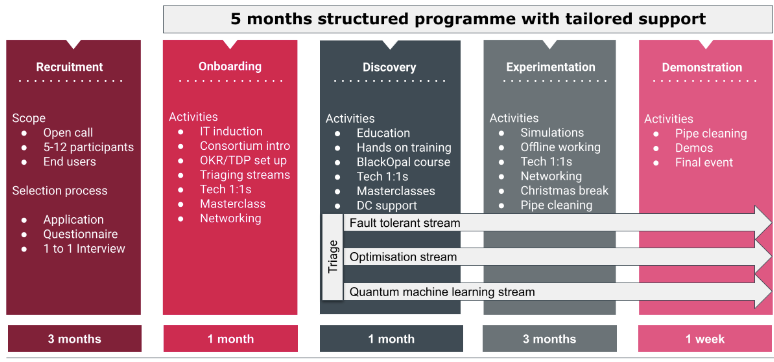
What will I get out of the programme?
After onboarding, participants will receive education and training on the fundamentals of quantum computing, and the tools to be used for simulation of quantum systems. Participants will work with experts to match the end user’s problems to quantum computing algorithms. Participants will then carry out their own research to run simulations of quantum algorithms relevant for their problems. Finally, there will be an opportunity to explore running some of these algorithms on a real quantum computer and further develop a Quantum Computing use case for their business.